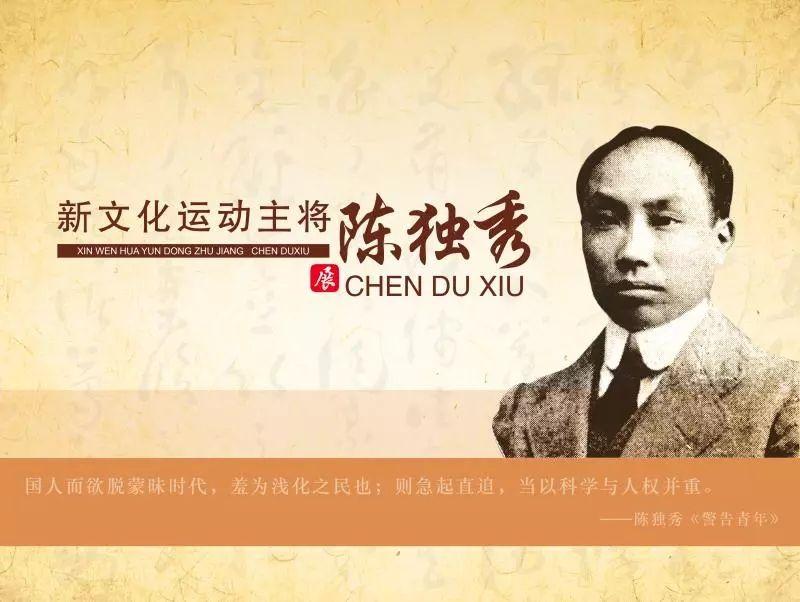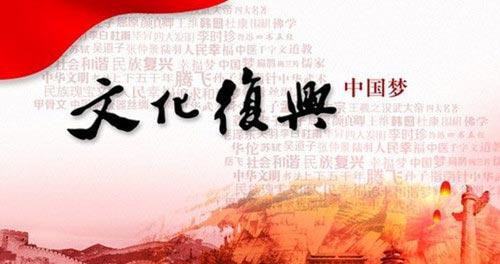When historians introduce "history" to people, they will first focus on how they understand the concept of "history"; Philosophers will also focus on how to understand "philosophy" when introducing their own philosophical research results to the people. As a lover and disseminator of Chinese studies, it is natural to follow the pace of the master and discuss clearly what is "Chinese studies" first. Talk about personal opinions and understanding again. Now we encounter a broader concept, that is, what is "culture"? What is "traditional culture"? What is "China culture"?
We can try to answer from two aspects: the definition of culture and the form of culture. The former mainly thinks about what the concept of culture refers to. The latter mainly thinks about how culture exists, how to form and how to develop. The concept of "form" was first used in biology and natural philosophy. In biology, it refers to the science of studying the external shape, internal structure and evolution process of objects. In natural philosophy, it refers to studying the form, structure and characteristics of philosophy, specifically, understanding philosophy from the aspects of philosophy research purpose, research object and expression form. The form of culture is to understand a certain culture from the perspectives of externally visible existence form, internally observable existence structure and cultural development and change.

We can think that "cultural form" is a concept derived from "natural form". Although the elements are different from each other, we can still understand "culture" through basic elements such as cultural purpose, characteristics, structure, function and position. That is to say, people gradually understand the "basic connotation" of culture through its "external existence form". In a broad sense, "culture" refers to the spiritual wealth created by the whole human society and its spiritual production capacity; In a narrow sense, "culture" refers to the concrete existence of philosophy, literature, art, education, science and customs. Generally speaking, discussing culture is about a specific culture, rather than discussing the sum of all human cultures in a macro way.
The characteristics of different cultural forms are mainly reflected by theoretical characteristics, clients, forms of expression, social influence and people’s position. The basic way for people to know "culture" is also from these elements. No matter what kind of culture it is, it has its own specific people’s position and service object. For example, Taoism regards "Tao" as the subject of the world, while "people" as the object of the world, and based on the basic position of "people", it comes to the value judgment of "following only the Tao". Confucianism regards "Heaven" as the main body of the world and "Son of Heaven" as the master of the world, and based on the basic position of long-term stability, it comes to the value judgment of "monarch, monarch, minister and minister". There are obvious differences in the starting point and ending point of thinking between the two cultures, which we call the difference of "cultural form" in "people’s position" and "service object"

People know and distinguish things through "differences". If there is no difference, all people look at the same face and all things look the same, then people can’t know the world. Among all the differences, there is a kind of "unity" in treating others, that is, all cultures serve people in the final analysis, but specifically serve the whole mankind? Or serve some people? Is it for the majority of people? Or serve a few people? From this, we can judge the "pattern" of a certain culture, from which we can see the "mind" and "realm" of a certain kind of people.
"For whom" is just a way to divide "cultural form". According to the observer’s point of view, as well as the differences in cognitive purposes and cognitive methods, there are more forms to divide cultural form. For example, literary and art circles and scientific circles, such as literature and audio-visual arts, such as materialism and idealism, such as hegelianism and Marxism, such as Taoist culture and Confucian culture, such as traditional culture and modern culture. It is worth noting that any "division" is an artificial division, which is divided by individuals according to certain needs and certain characteristics. It does not mean that there is a natural insurmountable gap between them. From a macro point of view, "culture" is always a whole, but it shows different characteristics in specific forms.
Finally, let’s discuss the issues of "cultural development" and "evolution of cultural forms". Culture is not static, let alone natural, but appears with the emergence of human society and develops with the development of society. Its fundamental driving force comes from the development of "economic base", which is Marx’s viewpoint and the basic theory of "historical materialism", that is, "economic base determines superstructure". The degree of economic development determines the degree of cultural development, which in turn promotes or hinders economic development. It looks similar to it, but actually the opposite view is "economic materialism" or "vulgar view of economic history", which is essentially a misinterpretation of "dialectical historical materialism". This view simply discusses "the economic base determines the superstructure" and denies "the reaction of the economic base of the superstructure". When looking at the issue of "cultural development", it often emphasizes the level of economic development, but does not discuss the degree of political civilization and ideological development.
Why should we use western culture to transform our culture?
Carry forward excellent traditional culture under the guidance of Marxism.
Under the guidance of Marxism, critically absorb western culture.